Resources and Activities for Teaching Children About the Environment During Quarantine
Here are 6 resources for keeping kids interested in the environment while in quarantine.
Updated March 25 2020, 9:25 a.m. ET
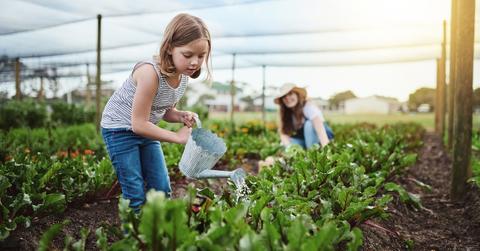
No matter how many children's shows are on Netflix, it seems like there will never be enough to keep your kids busy during the COVID-19 quarantine. Thankfully, as this period of self-isolation goes on, more and more resources to entertain and educate children are becoming available — including a few ways to teach youngsters about the environment.
Even though you and your kids may be staying home to help stop the spread of the novel coronavirus, there's no reason that kids who have not been exposed to the virus can't go outside for some fresh air. Now is weirdly the perfect time to help your kids cultivate an appreciation for nature, the planet, and science.
So if you are in search of a way to make the Doc McStuffins reruns finally stop, read on for a few resources and activity ideas that will teach your kids about protecting the Earth.
Encourage Them to #ClimateStrikeOnline
If your kids are old enough to post on social media, encourage them to participate in Greta Thunberg's #ClimateStrikeOnline, the digital version of her weekly Fridays for Future strikes. All they need to do is make a sign, post a selfie with it on Instagram or Twitter, and use the hashtag #ClimateStrikeOnline.
Show Your Kids "EcoSense for Living"
PBS LearningMedia and Kentucky Educational Television (KET) have partnered to make the series EcoSense for Living available for free on the PBS Kids website and app.
Hosted by Jennie Turner Garlington, EcoSense for Living is a video series aimed at middle and high school students, where they can learn about science-based environmental challenges, solutions, and conservation topics. The first four episodes to go live on the PBS website are: "Grizzly Bears and Wolves," "Future of Food," "Clean Air Act," and "Talkin' Trash."
EcoSense for Living is a great resource for parents to show their children or for teachers to add to their curriculums. PBS worked with a professor to publish a teacher's guide (including discussion questions, vocabulary guides, hands-on exercises, and more) to accompany the complete video content. The lesson plan can even be synced with Google classroom.
DIY Projects
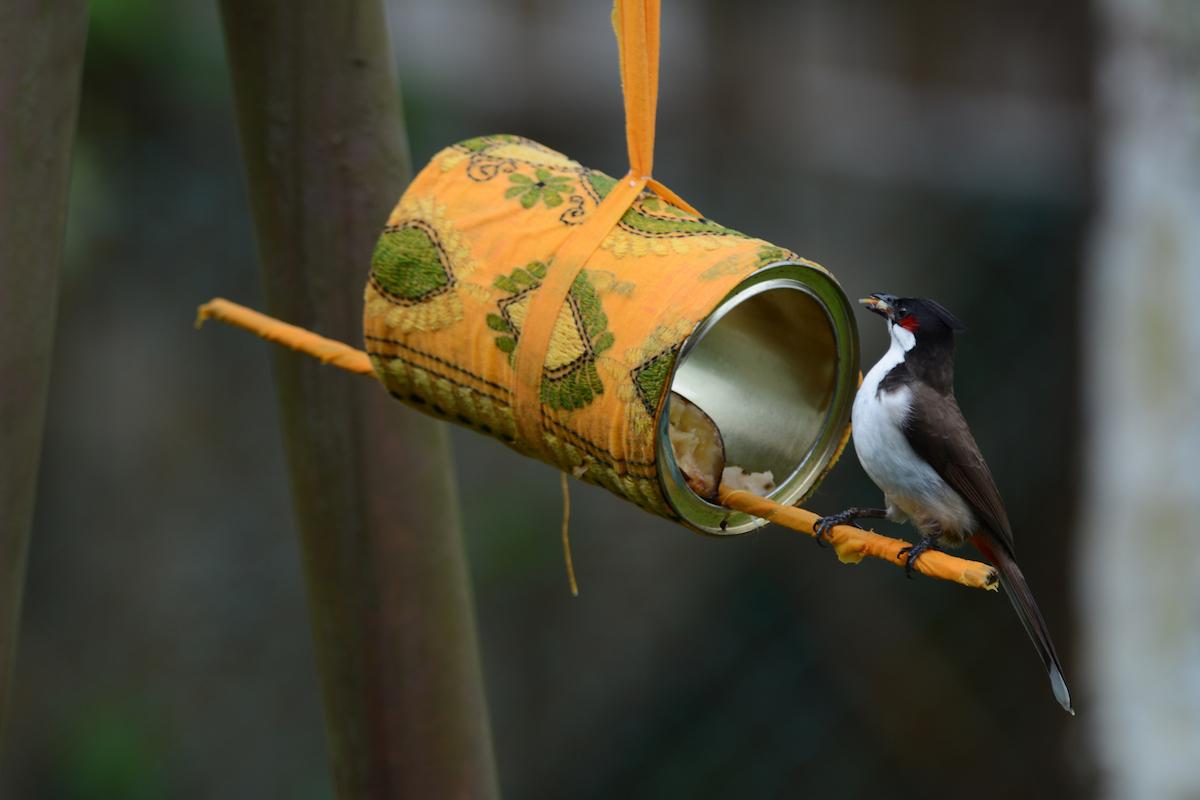
Have a bunch of toilet paper rolls cluttering up your recycling bin from all that at-home pooping your family is doing? Upcycle them into a DIY bird feeder with a tutorial by The Chaos and the Clutter. For a reusable option, you can turn an empty tin can from all those canned beans you stocked up on into a bird feeder, via this tutorial by Momtastic.
Encourage your kids to get creative with other items laying around the house — what else can they upcycle, especially in ways that will benefit nature? Objects like empty shoeboxes, leftover gift ribbons, twigs, leaves, empty drink bottles, newspapers, and so many more things are great fodder for endless DIY projects, and will teach your little ones the importance of using what they have.
Visit a National Park — Virtually
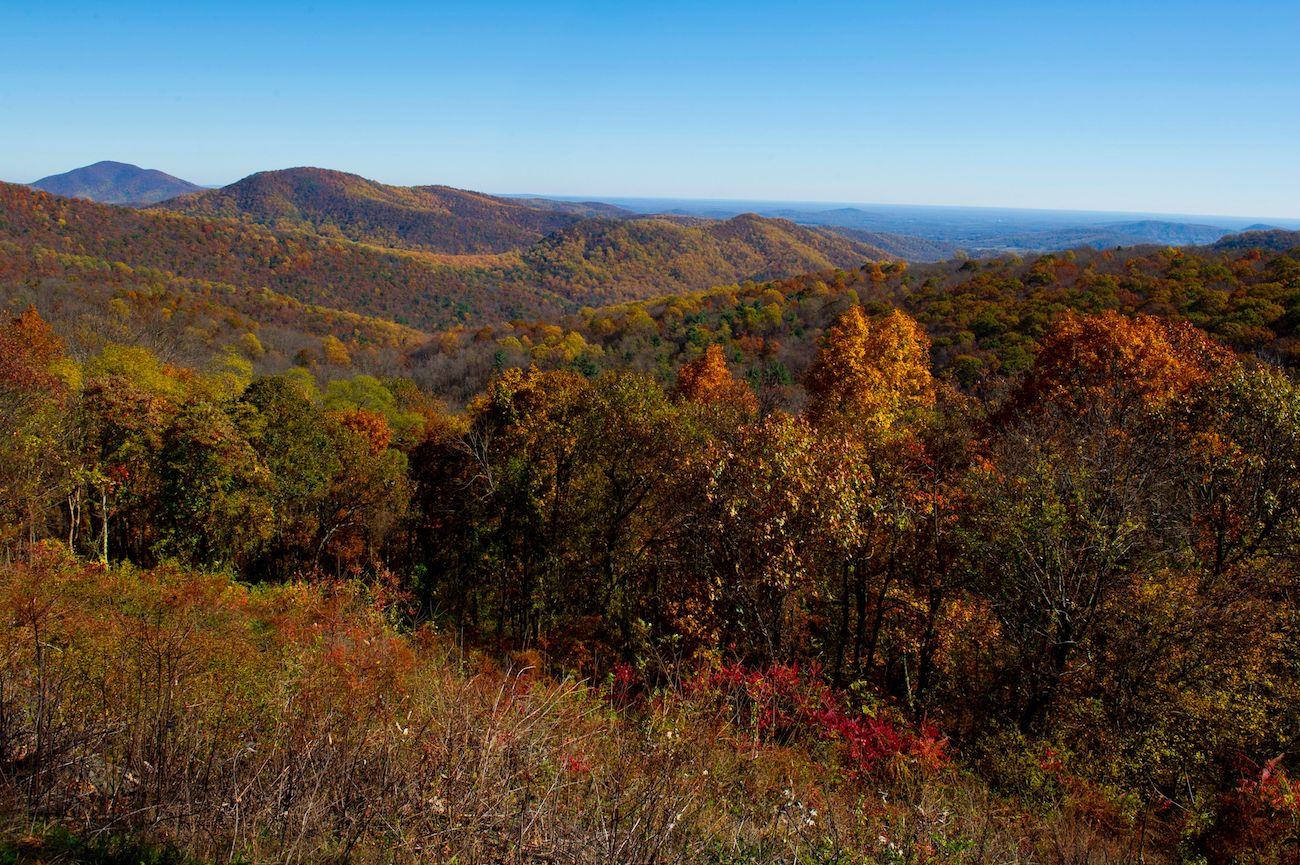
A view out over the piedmont from Skyline Drive in the Shenandoah National Park in Virginia November 5, 2016.
Last week, the U.S. National Park Service (NPS) waived entrance fees to all open National Parks, encouraging Americans to embrace nature while safely social distancing.
But for those of us who do not live near a National Park, a great alternative is "taking" your kids on a virtual tour, and teaching them about how important National Parks are for wildlife, biodiversity, and the climate. Last year, Google Earth began offering free virtual tours of 31 U.S. National Parks — and the feature has become popular amongst people who are social isolating at home during the COVID-19 outbreak, as AOL reported.
This guide from the blog Full Suitcase has tips on which National Parks are best for kids.
Set Up a Home Garden and Compost Bin
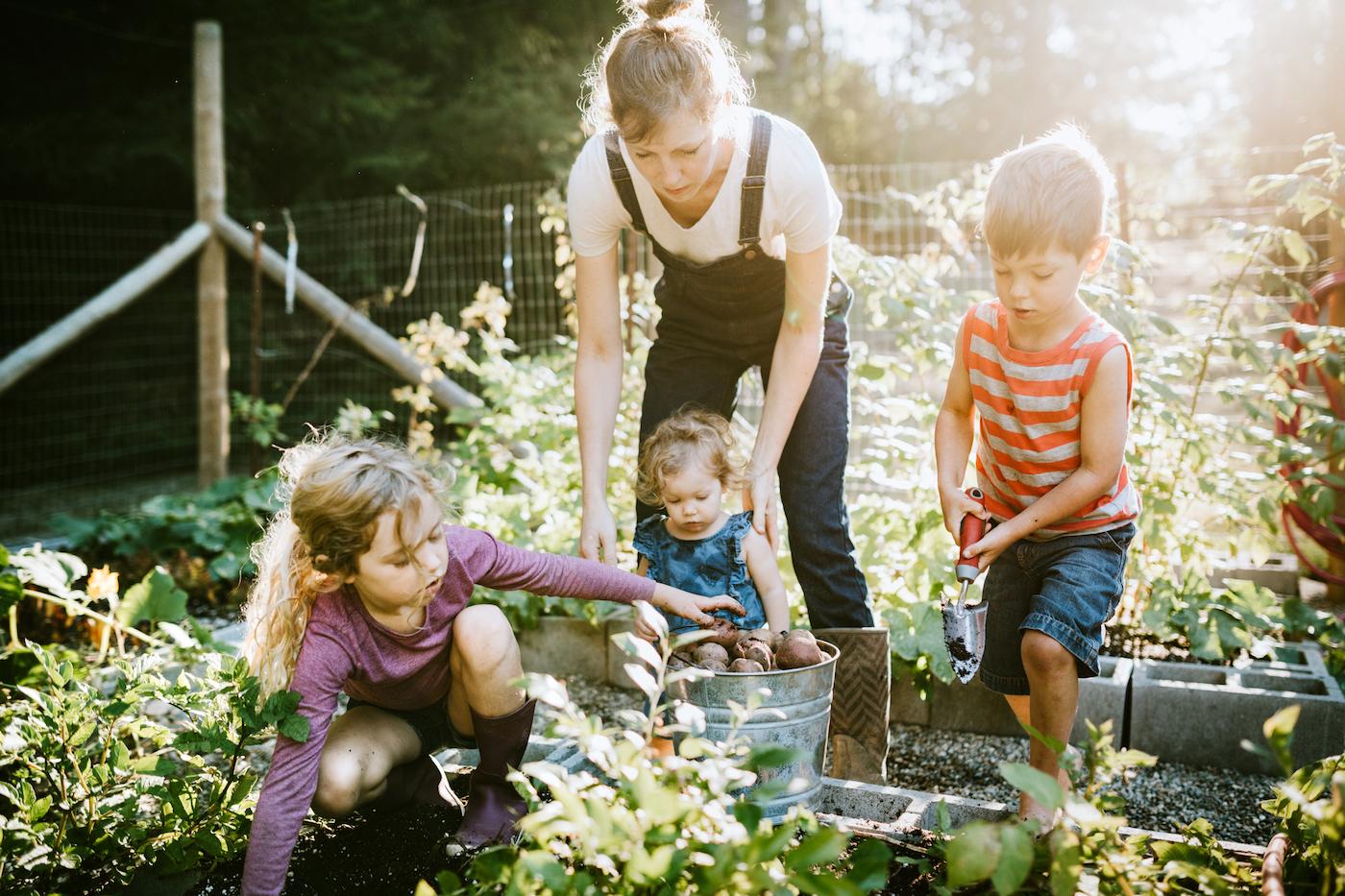
A home garden and a backyard compost setup that your kids can get involved with are two fun ways to teach them about the importance of sustainable agriculture and returning organic matter to the Earth.
Trips to the grocery store are not as simple as they used to be — making now a perfect time to start a home garden, if you have the space and are able to safely get the seeds and other supplies you need to grow a few crops.
Similarly, now is a good time to set up a home compost bin if you don't already have one, since some food scrap drop-off programs are temporarily suspended due to the coronavirus. Here are instructions for setting up an easy DIY backyard compost bin.
Hold an At-Home Science Fair
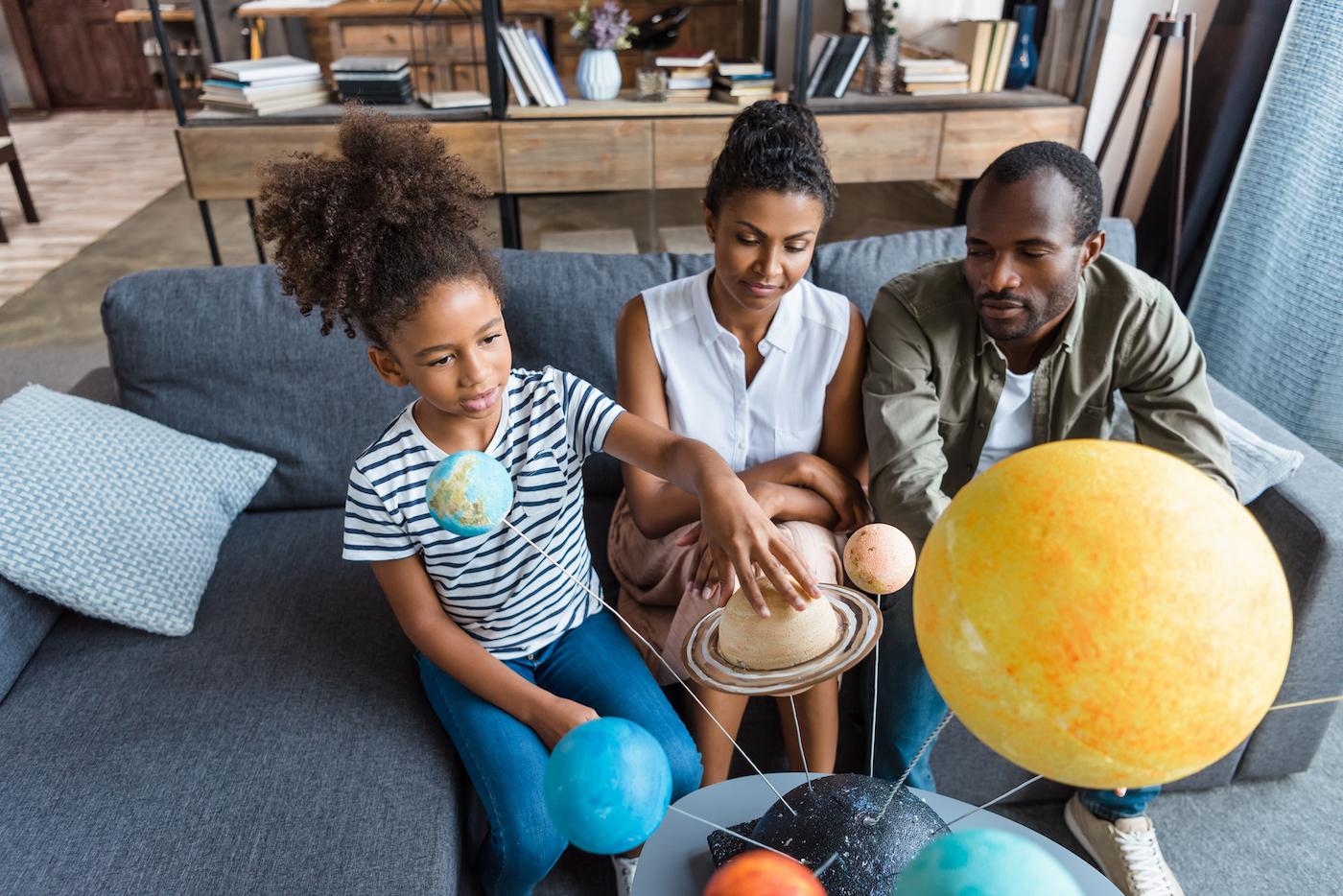
An at-home science fair, anyone? The blog Mommy Poppins has 68 suggestions of simple science experiments that kids can conduct using stuff from around the house. Some of the nature-focused experiments include: growing a bean in a clear cup to watch the roots grow; making a rainbow with a water glass and a sheet of paper; and turning a pizza box into a solar oven. Not only are these activities fun, but they're also great learning opportunities that will hopefully foster an interest in science.